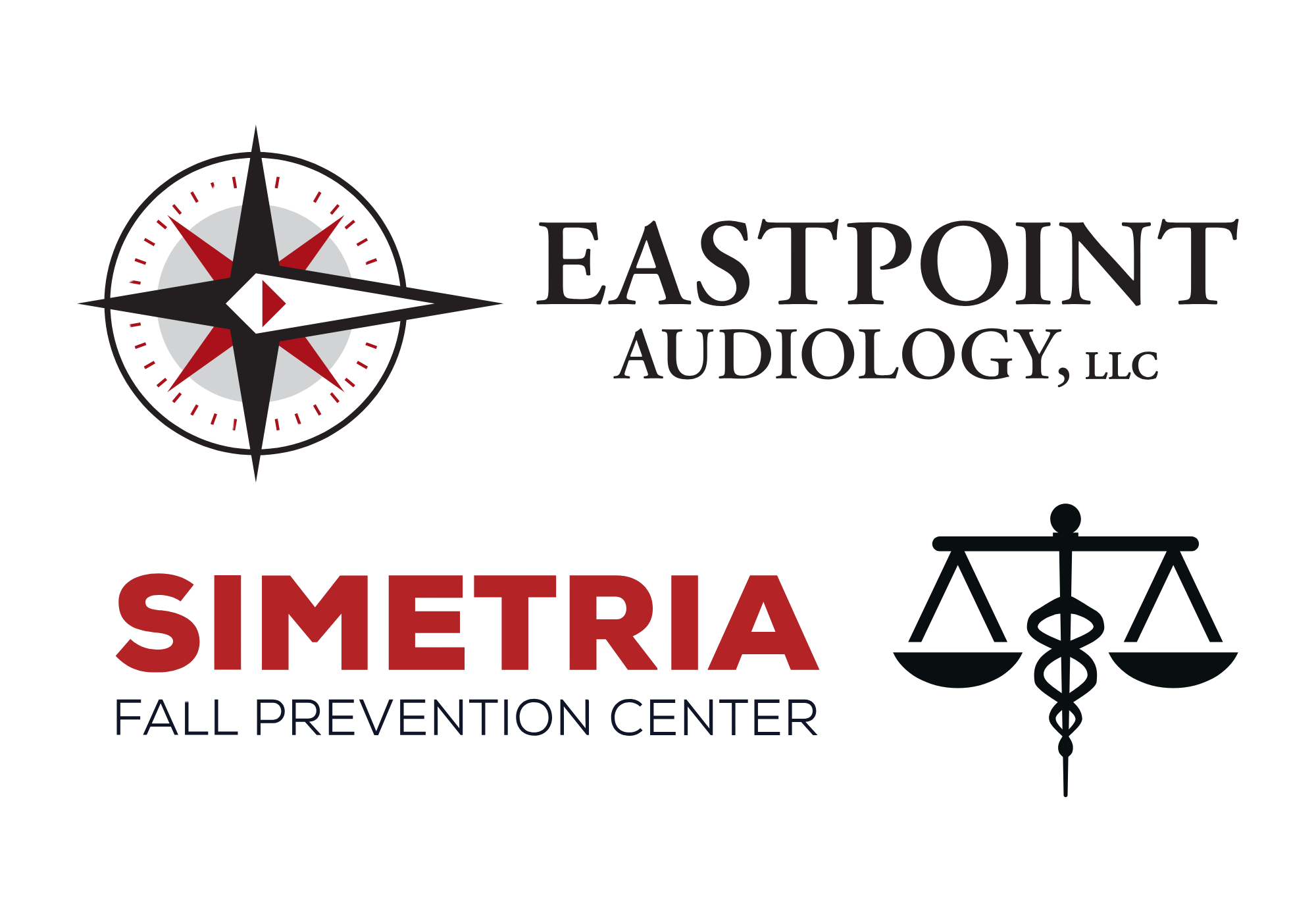If a child has trouble understanding directions, mixes up words with similar pronunciations, or seems disoriented in noisy environments, parents might presume that a hearing issue is to blame. However, in certain circumstances, the problem may not be with the ears themselves, but rather with a condition known as auditory processing disorder (APD), which affects the way the brain deals with sound.
Hearing loss and APD have several of the same symptoms, but they’re really very different conditions that demand specific assessments and assistance. Below, we’ll analyze the key differences to help you support your child’s unique requirements.
What is Hearing Loss?
Impaired auditory function, also called hearing loss, happens when an individual’s capacity to perceive sound is decreased, frequently resulting from issues impacting the outer, middle, or inner ear.
There are three main kinds:
- Conductive hearing loss: Caused by blockages or damage in the outer or middle ear (including ear infections or wax accumulation)
- Sensorineural hearing loss: Occurs when there is damage to the inner ear or the auditory nerve, which is commonly triggered by factors such as aging, exposure to loud noise, or genetic predisposition
- Combination hearing loss: A mix of both outer/middle ear and inner ear problems
Doctors normally diagnose patients by carrying out tests including audiograms, auditory brainstem response testing (ABR), and acoustic emission testing. When a child experiences hearing loss, the problem is with their capacity to perceive sound at all.
What Is Auditory Processing Disorder?
APD, on the other hand, is not a hearing issue; it’s a brain-based problem with deciphering sounds. Children with Auditory Processing Disorder may have normal hearing, but they struggle to interpret and comprehend the sounds they hear.
It’s frequently described as “hearing but not understanding.”
Typical obstacles faced in everyday scenarios:
- Trouble following multi-step verbal instructions
- Trouble differentiating similar sounds or words
- Having difficulty concentrating in loud settings (such as schools or busy eateries)
- Having difficulty understanding humor, irony, or expressions that aren’t meant to be taken literally
A basic hearing exam might reveal no issues because the ears are functioning normally. But that doesn’t mean all is working as it should. In APD, the breakdown happens after sound is sensed, during processing in the central auditory nervous system.
Distinguishing Between Testing and Diagnosis
Audiologists employ conventional auditory evaluations to identify hearing impairments by evaluating an individual’s ability to perceive sound. Pinpointing Auditory Processing Disorder involves more in-depth evaluations that go beyond basic hearing evaluations.
Evaluations often involve a multidisciplinary team, including:
- A hearing specialist to assess how the brain interprets sound
- A speech-language pathologist to assess language comprehension and communication
- A psychologist to rule out attention or learning impairments that may look similar to APD
Options for Treatment and Assistance
Treatment options for children with hearing loss diagnosis:
- Hearing aids
- Cochlear implants
- Assistive listening devices
- Medical or surgical interventions
Assistance for Children with APD Diagnosis Usually Includes:
- Speech-language therapy
- Classroom accommodations (e.g., seating changes, written directions)
- Environmental modifications to reduce background noise
- Auditory processing therapy
Some Concluding Thoughts About Hearing Loss vs. APD
Understanding the distinction between hearing loss and auditory processing disorder is crucial for getting your child the best help. If your child seems to have a hard time listening but their hearing test is normal, don’t stop there. A deeper look at how they process sound could expose what’s actually going on. With the correct diagnosis and individualized treatment plan, kids with either condition can do well in the classroom, at home, and beyond.
Contact us to learn more
Sources:.
About Hearing Loss in Children|Hearing Loss in Children|CDC.
Auditory processing disorder (APD)– Symptoms and causes– Mayo Clinic.
Auditory Processing Disorder vs. Hearing Loss: Key Differences.
Understanding the Differences: Auditory Processing Disorder vs. Hearing Loss|Hearing.
Associates of Las Vegas.
Auditory Processing Disorder (for Parents)|Nemours KidsHealth.

